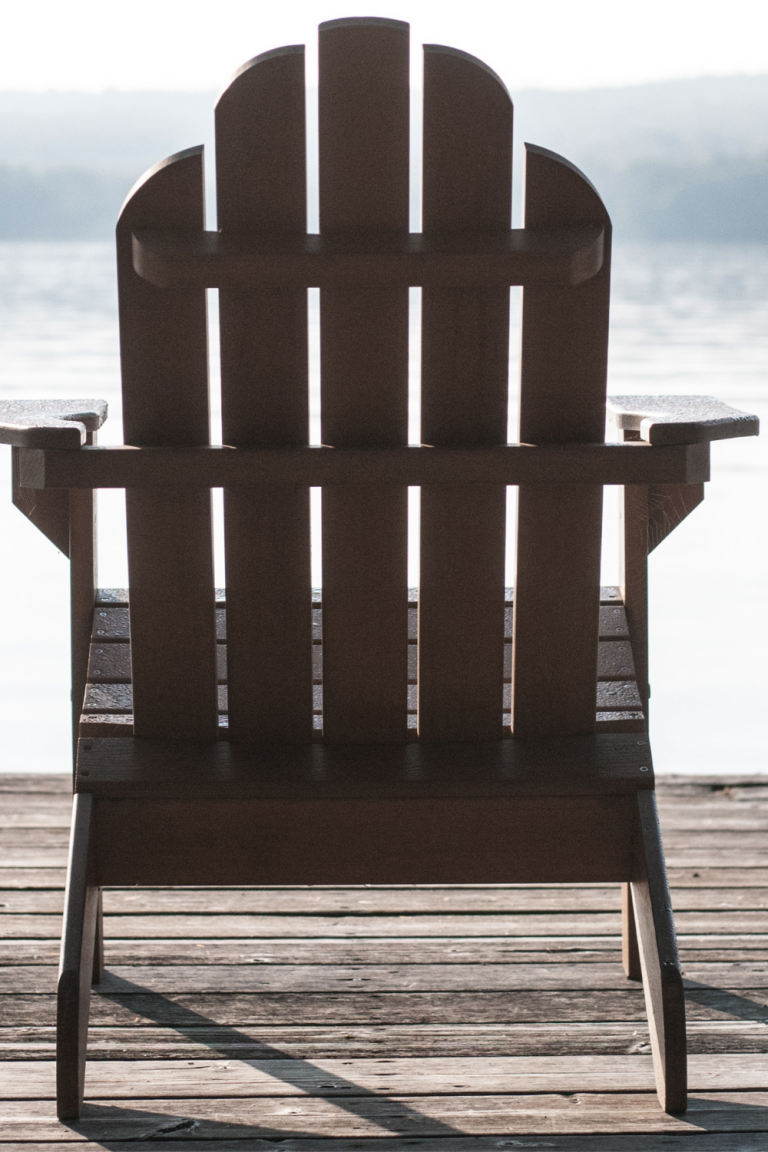Hi(Her)story
A Narrative of Women´s Economic Power
My Dear Friends,
Did you know that an astonishing 90% of women would rather discuss their own death than broach the subject of finances? I must confess, finances aren’t exactly my topic of choice either. This made me curious about why women underestimate their economic power and view financial discussions at best as boring, at worst, distasteful.
In contrast, men seem to navigate these conversations with greater ease, particularly in male-dominated settings, and less so in discussions with women. As a result, a considerable number of women defer decisions related to investments, wealth management, and their overall financial future to their partners, a financial advisor or opt for the simplicity of a savings account.
The realm of investing will continue to be seen as a predominantly male domain, with too many women giving up their economic power, believing they lack the necessary financial acumen.
A look back in history might give us a clue, let´s delve into the narrative of women´s economic power
A Man´s Game?
One thing is certain: whether you had it or not, throughout history and today, money evokes the most diverse feelings for men and women alike. But this is where similarities come to an end.
Too many women readily attest themselves a lack of economic abilities and suffering from numerical weakness
For centuries, money has been a man´s game, resulting in a total lack of female representation in the industry. Today, this is mirrored in the lack of financial confidence many women have. However, with a growing amount of wealth in female coffers, there is a call for change.
Women need to abandon their financial decision-making apathy and demand to play a role in designing their future well-being.
The industry will align and adapt because, they have little choice!
Of course, there is some truth in the financial industry’s century-old habits of shrouding itself in mystery, using coded language, and behaving like an old-school boys’ club. Hardly inviting for many financially self-conscious women!
Yet what often goes unnoticed is that the real danger lies not in the industry’s attitude, but in women forfeiting their economic power. Without control, the consequences are real: financial stress, dependence, helplessness, and even the trap of unhealthy relationships.
Too many women — especially those comfortably cushioned by wealth — remain in denial about these risks. But history shows us that ignoring economic power always comes at a cost. The good news? Change can begin here and now. When women claim and exercise their economic power, the industry will have no choice but to follow.
Follow along, because this is a conversation designed to equip you with clarity, confidence, and control.
Speed Read
Early antiquity (BCE): women had economic and political power. Societies with equal rights for men and women were the norm. Many societies were matriarchal.
Starting with the Roman rule and Greek dominance, women’s right to ownership, economic power and legal rights dwindled. Depending on ruler and religion, women disappeared from society altogether. Patriarchal and strictly patrilineal societies prevailed. Once married, a woman´s wealth – usually her dowry -became her husband’s property. Women were also excluded from inheriting property or money.
In the 18th and 19th century, women, especially in the Western Hemisphere, had no economic or legal rights and were not allowed to own property. In countries where Common Law was the rule, women were considered the property of their husbands.
In the 20th century, women gained more economic and legal rights. They could inherit property and wealth, but were prevented from opening bank accounts without their husbands’ permission in some countries until well into the 1960s.
A final note before we part:
Here’s to growing wiser every week, so I see you for some Cryptocurrency intelligence, next week
– yours, Harper






